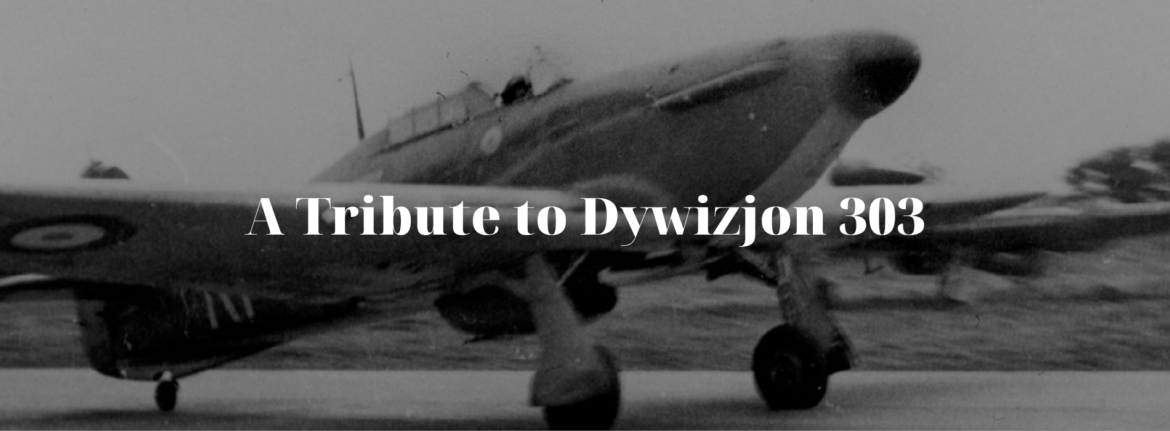The Formation and Early Struggles of Dywizjon 303
Dywizjon 303, an elite group of Polish pilots, became a significant chapter in the history of World War II. Formed in July 1940 as part of the Polish Armed Forces in the West, these pilots had fled to Britain after the fall of Poland. Named after the Polish-American hero, General Tadeusz Kościuszko, the squadron symbolized the unity and shared aims of the Polish and Allied forces.
Initially, the British were hesitant about the combat capabilities of the Polish pilots, referencing their situation in September 1939. During their training, an incident on August 30, 1940, marked a turning point. Pilot Ludwik Paszkiewicz spotted a German aircraft during a training flight, engaged independently, and achieved the squadron’s first aerial victory. This event accelerated their inclusion in active combat.
Dywizjon 303 in the Battle of Britain
Dywizjon 303’s prowess was soon evident during the Battle of Britain. Despite joining the battle later than other squadrons, they recorded the highest number of enemy aircraft shot down. Their exceptional skills, honed in air battles over Poland and France, combined with their bravery, made them a formidable force.
One of the most significant days for Dywizjon 303 was September 15, 1940. Luftwaffe launched a massive assault with over 500 aircraft against the 252 planes of the RAF. Despite the odds, the RAF, bolstered by Dywizjon 303, managed to repel the attack, causing significant losses to the Luftwaffe. Dywizjon 303 alone was credited with destroying fifteen enemy aircraft on that day.
Heroic Actions and Notable Figures
Several incidents highlight the bravery and skill of Dywizjon 303’s pilots. For instance, on September 7, 1940, they claimed 14 victories, including 12 Do 17s and two Bf 109s. In another engagement on September 11, they shot down multiple enemy aircraft but also suffered casualties.
Prominent figures from the squadron included Jan Zumbach, known for his successful sorties and later leading the squadron, and Witold Urbanowicz, a top-scoring pilot who led the squadron during the Battle of Britain.
Legacy and Commemoration
The legacy of Dywizjon 303 extends beyond the war. Many pilots chose not to return to communist Poland post-war, settling in various Western countries. Their contributions have been commemorated through films and inclusion in British school curricula. The squadron’s history serves as a testament to their bravery and skill, and their role in shaping the outcome of World War II.
